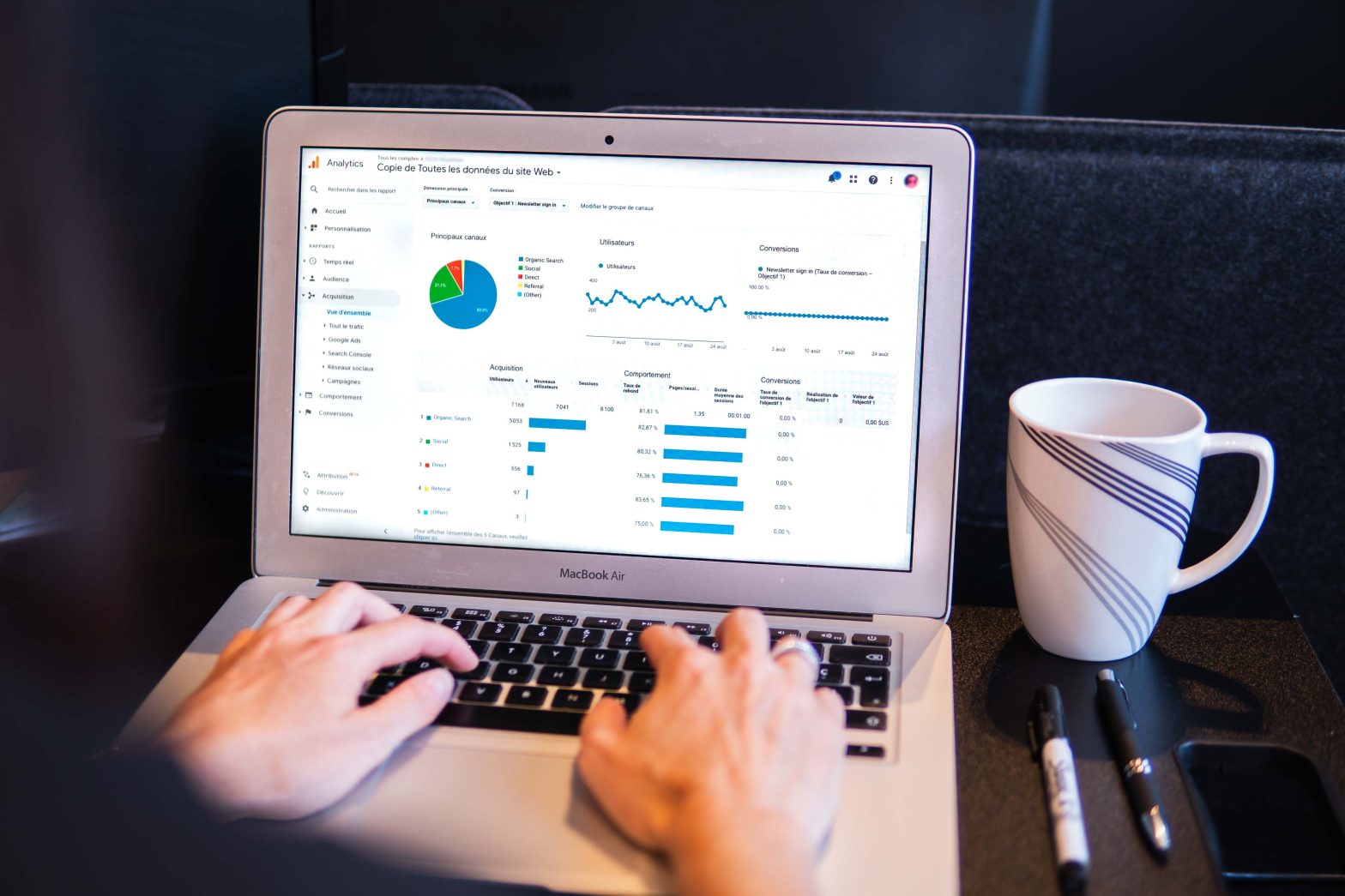Data mining can be a great tool to uncover insights and help inform decision-making, but without proper management and hygiene it can quickly become a disorganized mess. Here are the top 10 data mining hygiene and management tips to help ensure you are getting the most out of your data:
- Keep Your Data Organized – It’s important to store your data in organized folders on your computer or cloud storage platform so that you can easily access it when needed.
- Update regularly – Make sure that you update your data with new sources as often as necessary so that you have the most up-to-date information available for analysis.
- Clean Duplicate Entries -Duplicate entries can create confusion and inaccuracies, so it’s important to regularly clean out your data.
- Get Rid of Anomalies – Anomalies can throw off the accuracy of your data analysis, so make sure to get rid of any outliers or anomalies you find.
- Automate Data Management – Automation can help streamline the process of managing and cleaning up data, which means less manual work for you.
- Verify Data Accuracy – Always double-check that your data is accurate before proceeding with analysis.
- Document Changes – Keep a detailed log of changes you make to the dataset so that you have a record if something goes wrong later on.
- Backup Data – Make sure to back up your data often so that you have a copy in case anything is lost or corrupted.
- Secure your Data – Implement security measures such as firewalls, anti-virus software, and password protections to keep your data safe from hackers and other malicious threats.
- Analyze Data Regularly – Finally, it’s important to analyze the data regularly to make sure it is accurate and up-to-date. This will help ensure that you are getting the most out of your data mining efforts.
By following these top 10 data mining hygiene and management tips, you can be confident that your data is organized correctly, up-to-date, and secure. This will help you get the most out of your data mining efforts and make sure that your insights are accurate and reliable.
Faqs
Q: What does data mining hygiene and management involve?
A: Data mining hygiene and management involves organizing, updating, and verifying the accuracy of your data before proceeding with analysis. It also involves implementing security measures such as firewalls, anti-virus software, and password protections to keep your data safe from malicious threats. Additionally, it’s important to analyze the data regularly to make sure it is accurate and up-to-date.
Q: What are some tips to help ensure proper data mining hygiene and management?
A: Some tips for ensuring proper data mining hygiene and management include keeping your data organized in easy-to-access folders, updating the dataset with new sources regularly, cleaning duplicate entries, getting rid of anomalies, automating the data management process, verifying data accuracy, documenting changes made to the dataset, backing up your data often, implementing security measures such as firewalls and anti-virus software, and analyzing the data regularly.
Q: What are the benefits of proper data mining hygiene and management?
A: The benefits of proper data mining hygiene and management include improved accuracy in insights gathered from the data analysis, increased efficiency in working with large datasets, protection against malicious threats such as hackers or viruses, and better overall decision-making. Proper data mining hygiene and management also ensures that you are getting the most out of your efforts by utilizing current and accurate information.
Q: How often should I analyze my data?
A: It’s important to analyze your data regularly to make sure it is accurate and up-to-date. This will help ensure that you are getting the most out of your data mining efforts. Depending on how often the dataset is updated or changes, you may need to analyze it multiple times a day or just once a week. The frequency with which you analyze your data should be determined based on the needs of your specific project.
Q: What is the importance of backing up my data?
A: Backing up your data often is important to ensure that you have a copy in case anything is lost or corrupted. By making regular backups, you can rest assured that all of your hard work won’t be lost if something goes wrong with the original dataset. Additionally, it’s also important to keep a detailed log of changes you make to the dataset so that you have a record if something does go wrong later on.

